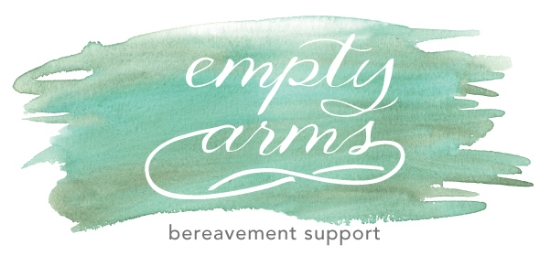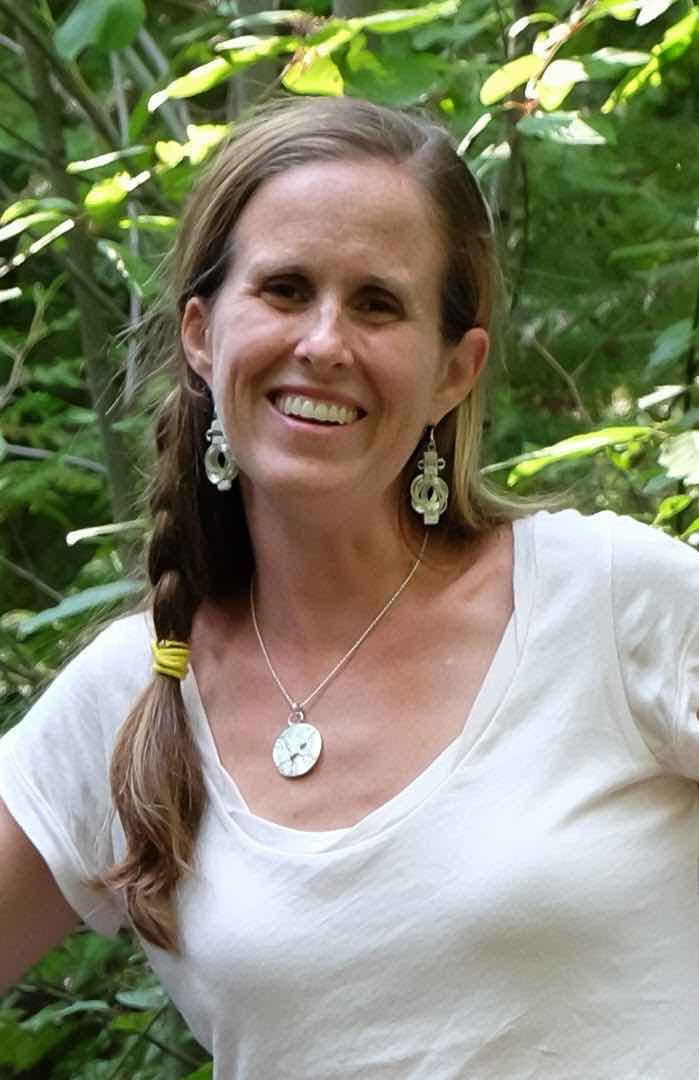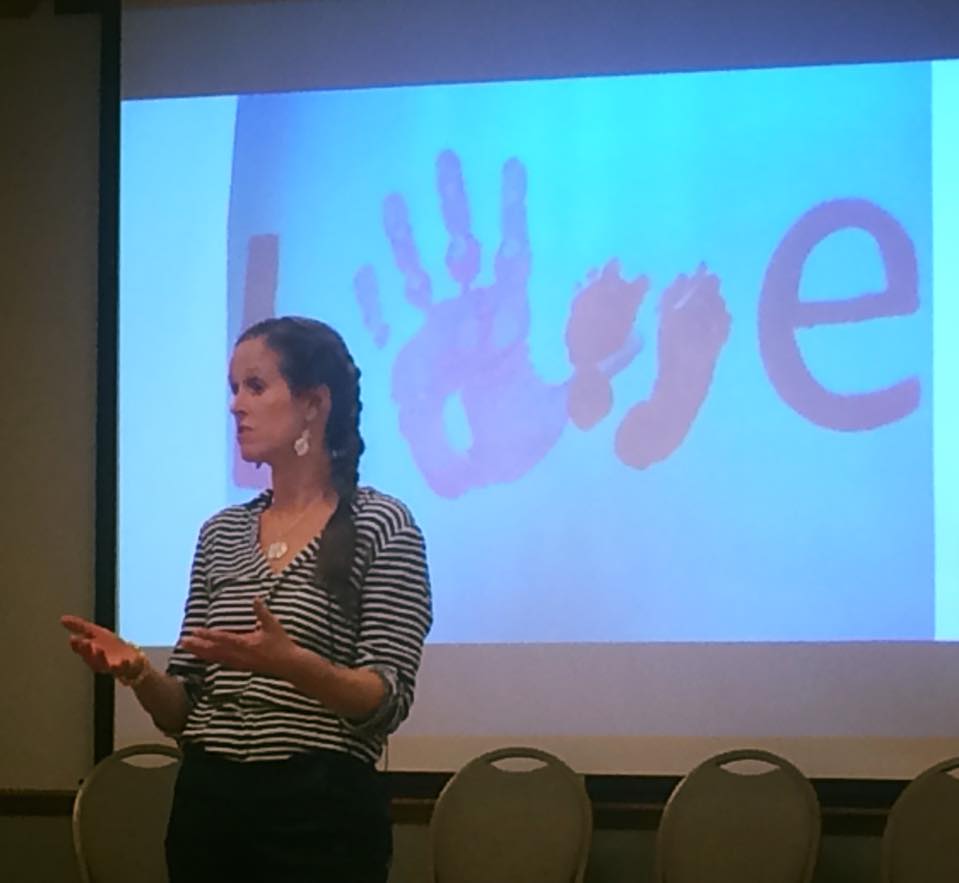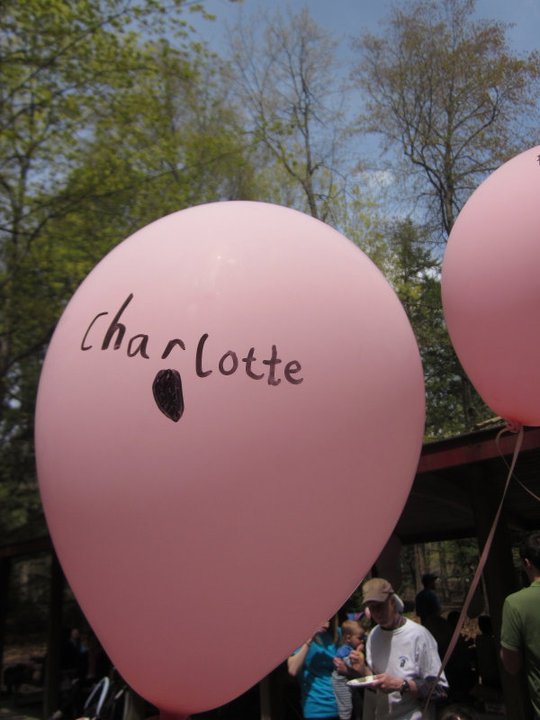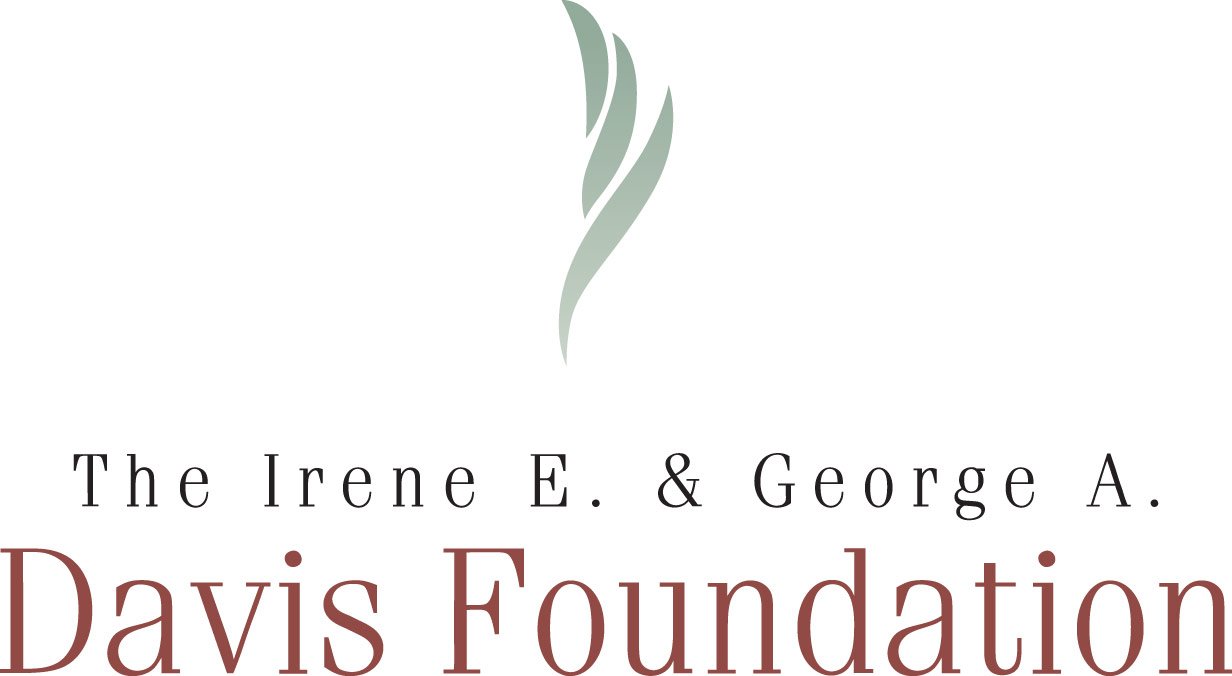by Carol McMurrich
“May I offer my care and presence unconditionally, knowing it may be met with gratitude, indifference, anger or anguish.
May I see my own limits with compassion, just as I view the suffering of others.
May I be present and let go of expectations
May I forgive myself for mistakes made and things left undone. “
I was challenged, in the opening keynote address of the 2014 Biannual Perinatal Bereavement Conference, to try to connect to a time in my work when I acted with “personal ethical integrity”. The speaker, Cynda Rushton, is an extremely accomplished Bioethicist who works within the schools of Medicine and Nursing at Johns Hopkins University, and she was leading a fast-paced talk on personal integrity when working with the bereaved.
Ms Rushton encouraged us to think about a time when we worked in a way in which we were very much aligned with both our personal and professional values, in a way in which our actions were very much congruent with what we believed was morally correct. Sifting through memories, I thought of a time when I had the extreme privilege of working with a baby boy who had been taken from this world far too soon. I had been called in by the hospital after his parents had left the hospital to take more photographs of this little boy. I arrived early one bright, winter morning, apprehensive but determined.
In my work I often arrive to work with families at the time of their loss: if the family is not still with their infant, they have often just left the hospital. In this case, however, the family had been released the night before. I worried that the baby might have spent the night in the morgue. While I know this is, sadly, the ultimate destination for all people in the hospital who pass away, it causes me such distress to think of precious babies needing to go there.
I shouldn’t have worried. We are so lucky in this valley to work with professionals who are so compassionate, and who care so deeply for the families who suffer losses and their babies. I arrived to find this baby in a warmer, in a delivery room, just as you would expect to find any newborn of any family who had delivered there.
He was a beautiful, beautiful little boy. What baby is not? But there is something about the deep privilege of meeting a small person who will not be met by very many others that is humbling at the very least. I knew I was gazing at a beautiful face that was meant to be admired by so many others, but that privilege would be denied to most of them. I knew I had a few hours to try to capture him as best I could for his family, and I was determined to do my best. Before I photographed him, I talked to him. I picked him up and held him, allowed myself to stroke the soft down of his cheek, and I told him I was going to take some photographs of him for his Mommy and Daddy. He still had that beautiful newborn baby smell. There was so much beauty in that room.
I spent an hour, and then another hour. And then another hour, and just one more. How does one stop? Not only did I want to try to take as many photographs as I possibly could of this baby, but I also didn’t want to leave him. Here, with me, in a warm room, surrounded by myself and the nurses who were helping me, this baby remained in the land of the living. How I wished, for his parents and family, that he could stay.
I hesitate to share that when my time was up, it felt difficult for me to leave him. I wrestled with this emotion: he was not my baby. It felt unfair of me to feel that I wanted to stay with him, to give him one more hug, to feel his soft weight one more time. He was not my baby to love, and I felt guilt-ridden to be there when his parents were not. But there had been a sanctity to the time I had spent with him, and my heart felt connected to this baby. Perhaps some of this came from a selfish place, from wanting more time with my own baby, but perhaps what it really was was just my being human, and being a mother, and a person with a compassionate soul. He was not mine to love, but I loved him in my own small way in that moment. How could I not?
As I recalled these moments, I felt a deep, heavy feeling, way down in the pit of my stomach. It was not one of despair, or even grief, although sadness was certainly part of what I felt. Primarily, though, I associate that feeling with the deep gratitude that I felt for having the privilege of not just taking those photographs, but having been one of the witnesses to the life and existence of a little boy who had changed his family forever. No doubt somehow he will change our world a little bit, and I was able to meet him.
It was my hope that this baby’s family would cherish and love the photographs. However, as I prepared to present them with the over 400 photographs I did take, I had to remember to myself that the important part of this work was not the family’s instant reaction to the products of my actions. It was those actions themselves. To have been able to be there, in that room, to capture something that might otherwise never had been captured was a tremendous privilege. To have taken the time, and offered this baby boy my loving hands to try to capture his beauty one last time, was my own effort to give this family a lasting gift.
I went home and I wrote a long letter to his parents. I still felt uncomfortable that I had spent this time with their baby, when they could not. I worried that they would not have wanted me to spend this time with their son, and I worried about whether they would want the photographs. I worried about whether there were too many photographs. I thought about the time I had spent with their baby, and I cried for their family, for the void I knew now existed in their lives, for the beautiful boy who had never drawn a breath. I felt guilty and awkward for the strange attachment I felt to their baby, and I felt worried that I had let myself fall too deep into the work that I was doing.
Then, I sat on the edge of my bed, and I breathed it out. I knew I had done my best. I had acted with the intention of giving this family the only gift I knew to give them. I had acted with the intention of honoring their son, of caring for him as any baby deserved to be cared for. I had acted with the intention of doing unto them exactly what I would have wanted done unto myself. I tried hard to breathe out the worry, the guilt, the sorrow, and to breathe in the knowing that I had tried my best to do what I felt was right.
Again, I reflect on Dr Rushton’s words, which could become a mantra for me:
“May I offer my care and presence unconditionally, knowing it may be met with gratitude, indifference, anger or anguish.
May I see my own limits with compassion, just as I view the suffering of others.
May I be present and let go of expectations.
May I forgive myself for mistakes made and things left undone. “
Each day, each week, and each month, as I do this work, I seek to maintain the integrity that will allow me to walk with my heads held high, knowing that am a human being simply seeking to serve and support others in their most difficult moments. Regardless of my shortcomings, the areas I am still working on, the mistakes I may make, the things I may leave undone, my intentions are good, and my efforts are honest and sincere.
May I hold onto these positive breaths, and these feelings of gratitude.
